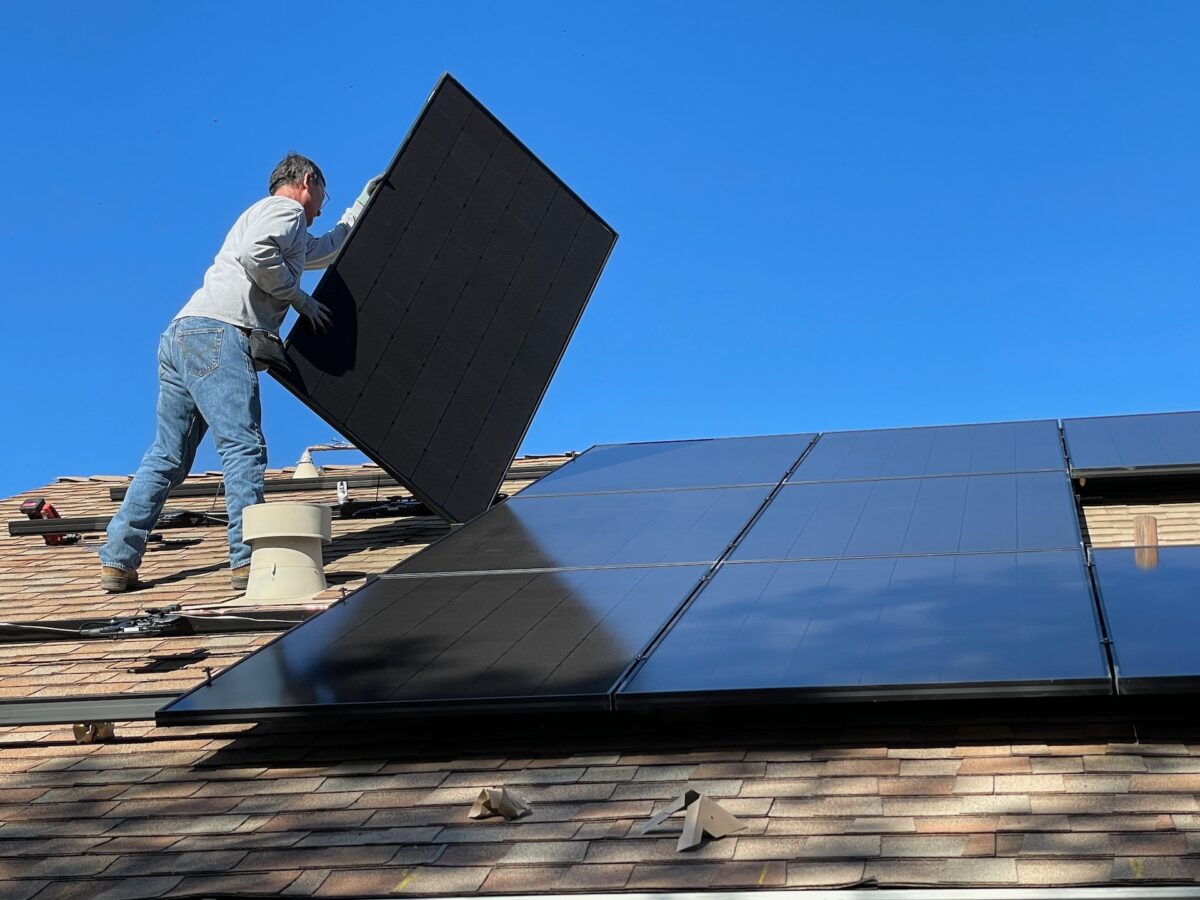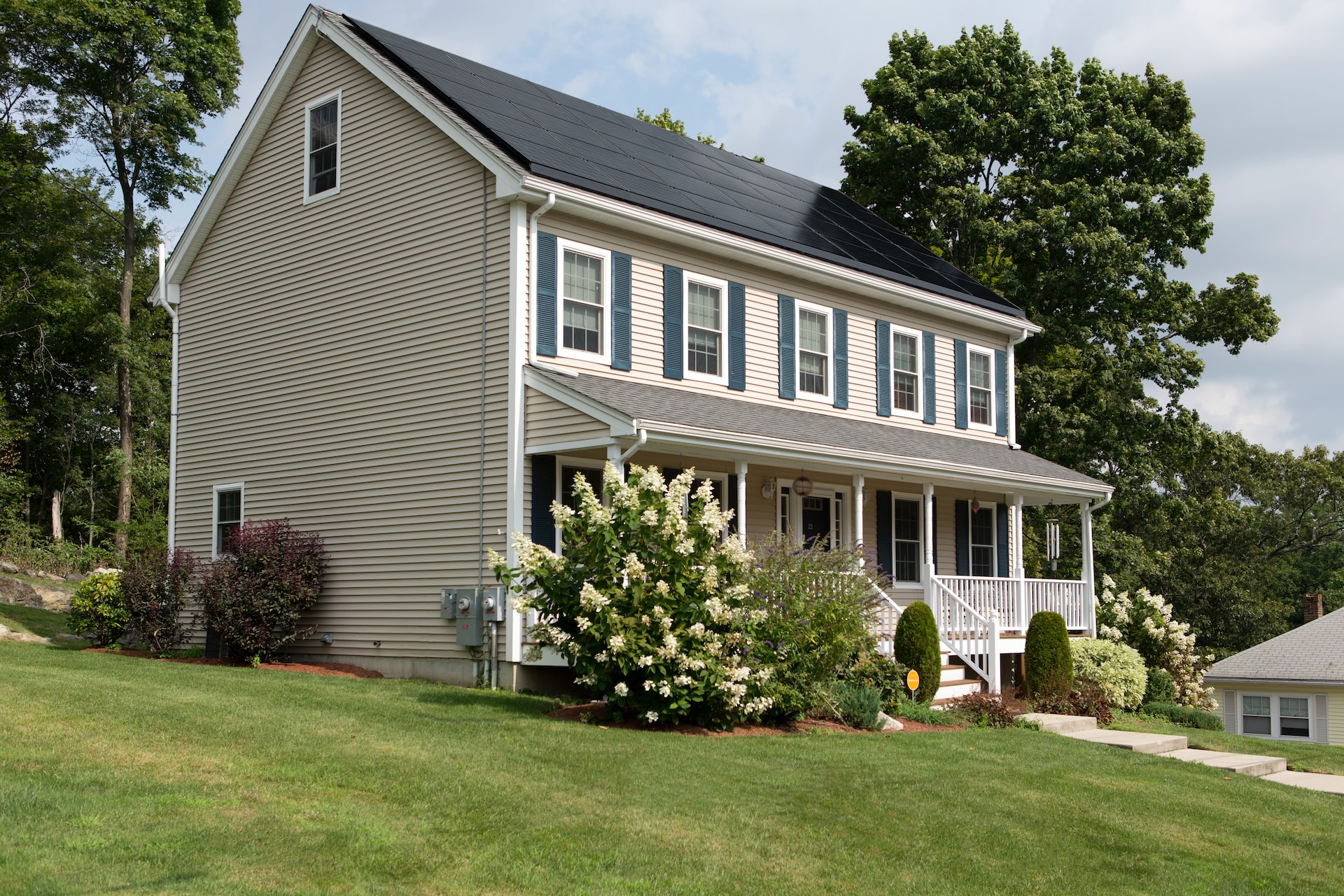The widespread adoption of solar energy technology has brought a new challenge for homeowners in Langley – preparing their home’s electrical wiring for the installation of solar panels. Ensuring that the electrical wiring is capable of supporting the new energy source is crucial for both the performance and safety of the solar panel system. Electricians in Langley play a crucial role in helping homeowners prepare their homes for solar panel installation. This table of content provides an overview of the key steps involved in preparing home electrical wiring for solar panel installation in Langley, including the assessment of electrical system capacity, installation of solar panel-specific components, rerouting existing wiring, and working with a professional electrician.
Assessing Electrical System Capacity
Before installing solar panels, it’s essential to assess the electrical system capacity of your home in Langley. This step is crucial to ensure that the electrical system can handle the increased load that comes with the installation of solar panels. Here are the key components of the electrical system assessment process:
Determining Current Electrical Load: The first step in assessing electrical system capacity is to determine the current electrical load. This involves taking a close look at your electrical usage, including the number and type of electrical devices you use, how often you use them, and the amount of power they consume. This information will help you understand the total amount of power your electrical system is currently handling, which will be useful when evaluating the panel and wiring capacity.
Evaluating Panel and Wiring Capacity: The next step is to evaluate the capacity of your panel and wiring. This involves looking at the size and capacity of your electrical panel and determining whether it’s big enough to handle the increased load from the solar panels. If the panel is not big enough, you may need to upgrade it. You’ll also need to check the wiring to ensure that it’s in good condition and can handle the increased load.
Upgrading Electrical System if Necessary: If the electrical panel and wiring are not adequate, it may be necessary to upgrade the electrical system. This could involve upgrading the electrical panel, adding new circuits, or upgrading the wiring. Upgrading the electrical system is a complex process, and it’s essential to have a professional electrician in Langley handle the work. An electrician can assess your electrical system, recommend the necessary upgrades, and complete the work efficiently and safely.
Installing Solar Panel-Specific Electrical Components: Once the electrical system has been assessed, it’s time to install the solar panel-specific electrical components. This includes adding solar panel inverters, installing solar panel disconnect switches, and integrating solar panel metering devices. Electricians in Langley can provide the necessary expertise and equipment to complete this step correctly.
Installing Solar Panel-Specific Electrical Components

After assessing the electrical system capacity, the next step in preparing home electrical wiring for solar panel installation in Langley is installing specific electrical components designed for solar panels. These components play a crucial role in ensuring that the solar panel system works efficiently and safely. Here are the key components that you’ll need to install:
Adding Solar Panel Inverters: Solar panel inverters are devices that convert the direct current (DC) electricity produced by the solar panels into alternating current (AC) electricity, which is what’s used in your home. Inverters come in different sizes and capacities, and you’ll need to choose the right one for your solar panel system. The inverter should be installed in a location that’s easily accessible and protected from the elements.
Installing Solar Panel Disconnect Switches: Solar panel disconnect switches are safety devices that allow you to quickly and easily disconnect the solar panel system from the electrical grid in the event of an emergency. The switch should be located near the electrical panel and be easily accessible. It’s important to have a professional electrician in Langley install the switch, as improper installation could pose a safety risk.
Integrating Solar Panel Metering Devices: Solar panel metering devices measure the amount of electricity that’s being produced by the solar panels and the amount of electricity that’s being used in your home. This information is useful for monitoring the performance of the solar panel system and ensuring that it’s working efficiently. The metering device should be installed near the electrical panel and be easily accessible.
ALSO READ: Tower solar power plants
Rerouting Existing Wiring
To accommodate the solar panel installation, homeowners may need to reroute existing electrical wiring in their homes. This can include relocating electrical devices, rerouting electrical wiring, and upgrading the electrical panel if necessary. Electricians in Langley can help determine what changes are necessary and execute the work efficiently.
Working with a Professional Electrician
Installing solar panels involves complex electrical work, and it’s essential to have a professional electrician in Langley handle the installation. A professional electrician will have the necessary experience and expertise to ensure that the installation is completed safely and correctly. Homeowners should look for electricians who are licensed, insured, and have a good reputation for quality work.
Preparing home electrical wiring for solar panel installation in Langley is a crucial step in ensuring the performance and safety of a solar panel system. By assessing the electrical system capacity, installing solar panel-specific components, rerouting existing wiring, and working with a professional electrician, homeowners can ensure that their homes are ready for solar panel installation. With the help of electricians in Langley, homeowners can take advantage of the benefits of solar energy with confidence.
